Biodynamics’ Blind Spot
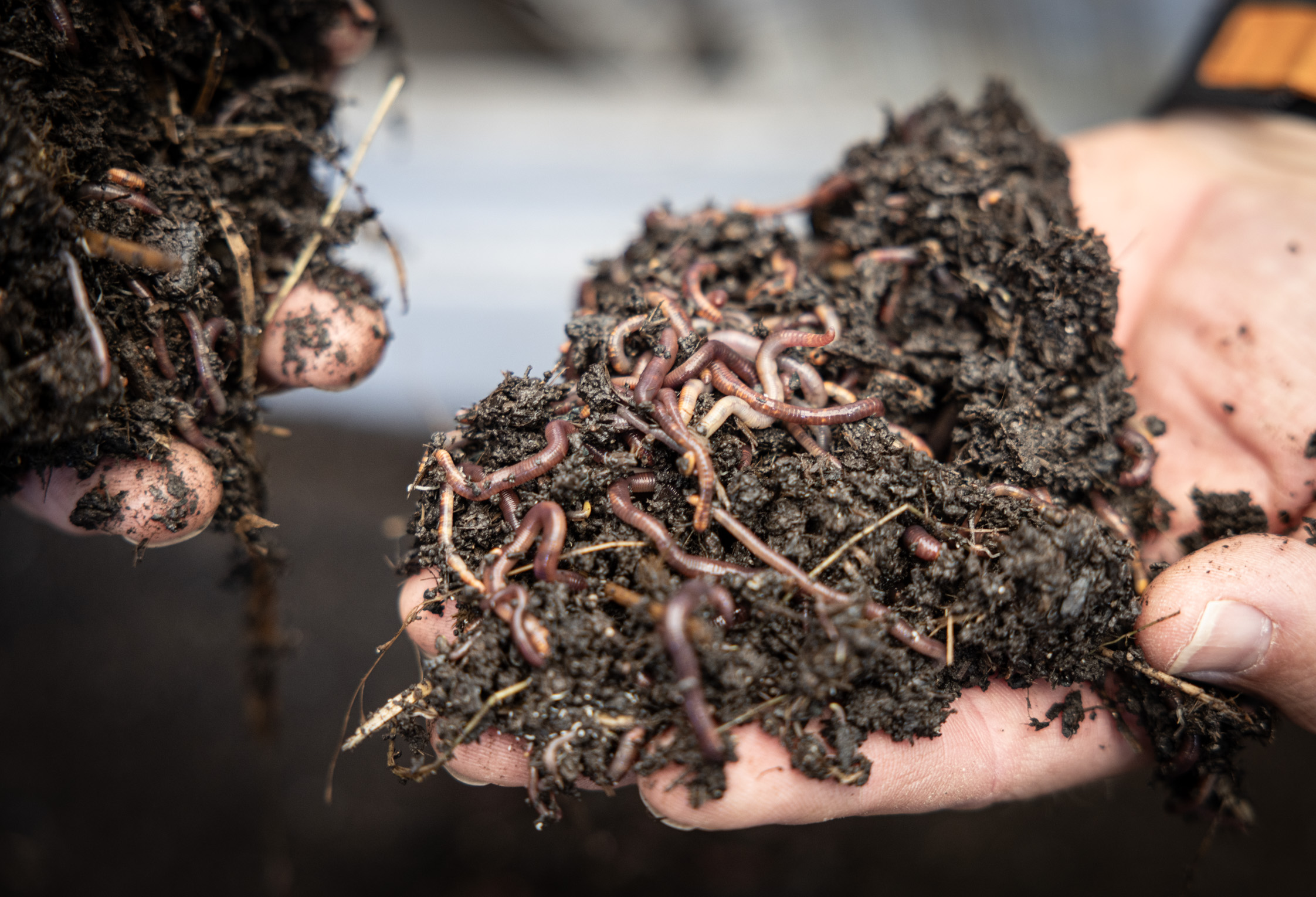
An essay reconciling the realpolitik of Rudolf Steiner today.

An essay reconciling the realpolitik of Rudolf Steiner today.
Writer
Lauren Johnson-Wünscher is a wine and food writer based in Berlin, Germany. She holds an MBA in International Wine Business and WSET Advanced Level Certification.
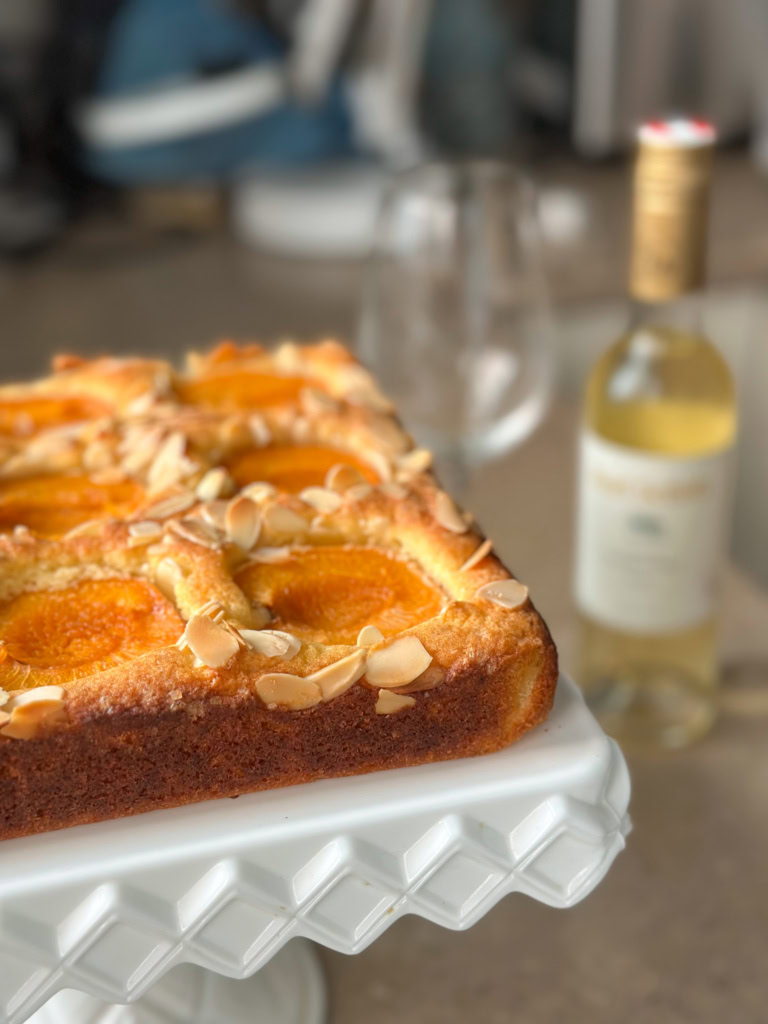
The Wachau stands tall as one of Austria’s most storied wine regions. Terraced vineyards of Grüner Veltliner, Riesling, and other varieties line the bend of the mighty Danube. But grapes aren’t the only iconic fruit here. As a nerdy baker and wine nerd, I am intrigued by why particular grape or fruit varieties thrive in specific areas and what makes that terroir so special. I swear by Montmorency tart cherries from Northern Michigan just as I revere Grüner Veltliner from the Wachau. When I discovered that the Wachau is also known as a source of my second-favorite fruit to bake…...
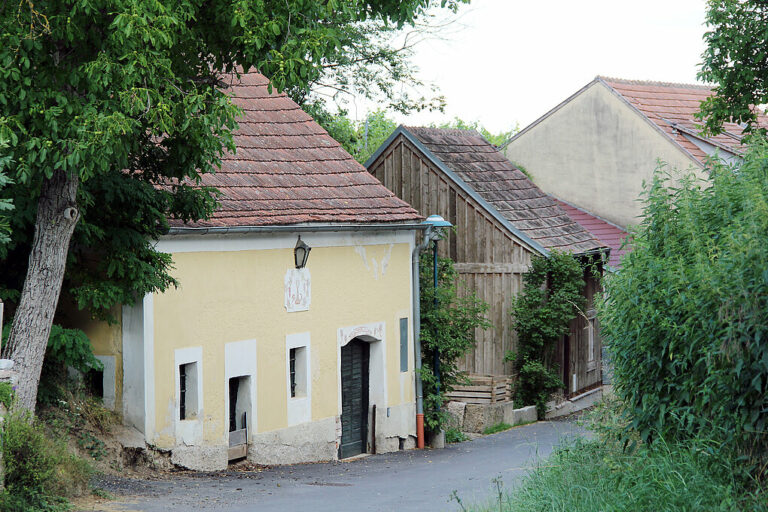
Wine regions are threaded along the Danube, one after another, like a string of Chanel pearls. Wagram, Kamptal, Kremstal, Wachau. And Traisental — the only one that lies exclusively south of the Danube. Its namesake river, the Traisen, divides the valley as the Seine does Paris or the Gironde does Bordeaux, into left and right banks. The tiny region flaunts French finesse and cool avant-garde. But also a rustic, down-to-earth charm. In Paris, the Left Bank is the quartier of intellectuals and artists. Through Yves Saint Laurent it achieved world fame in fashion. Who or what sets the tone and…...
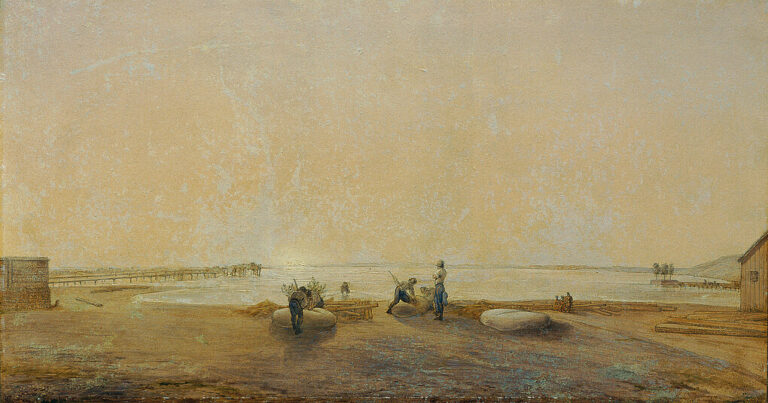
Under the onslaught of record-breaking drought, the Neusiedlersee is posing new conundrums for Austrian winegrowers. And this isn't the first time.
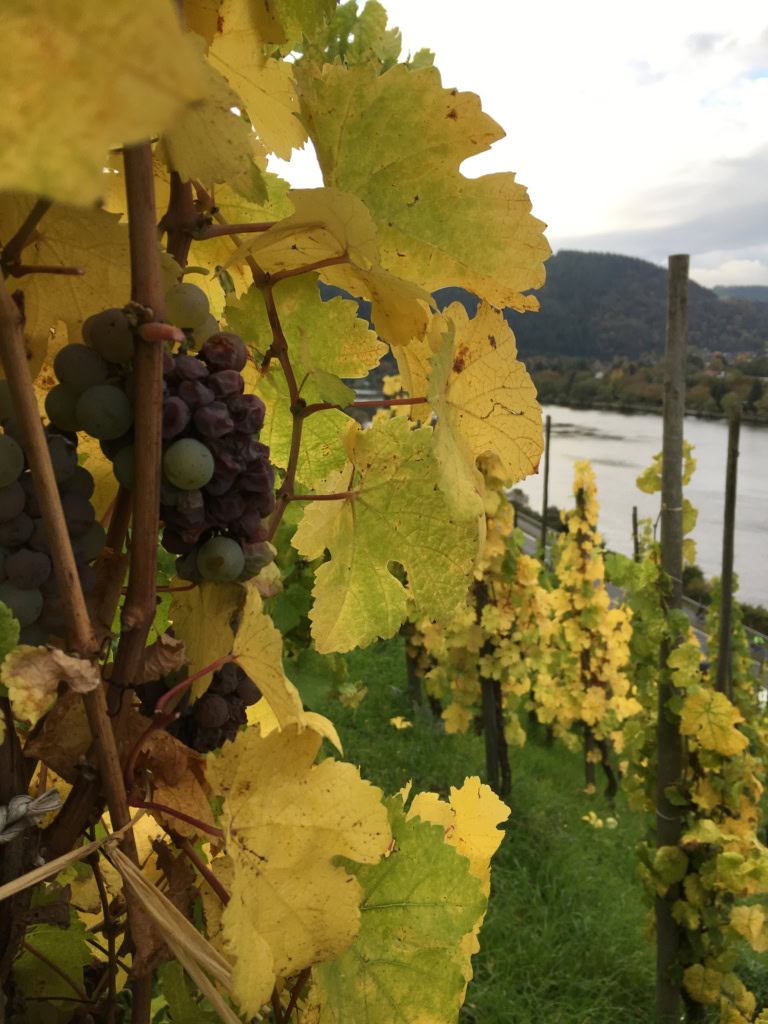
How a former chef's trip from the Norwegian Fjords to Germany's Mosel valley took wine appreciation to the next level.
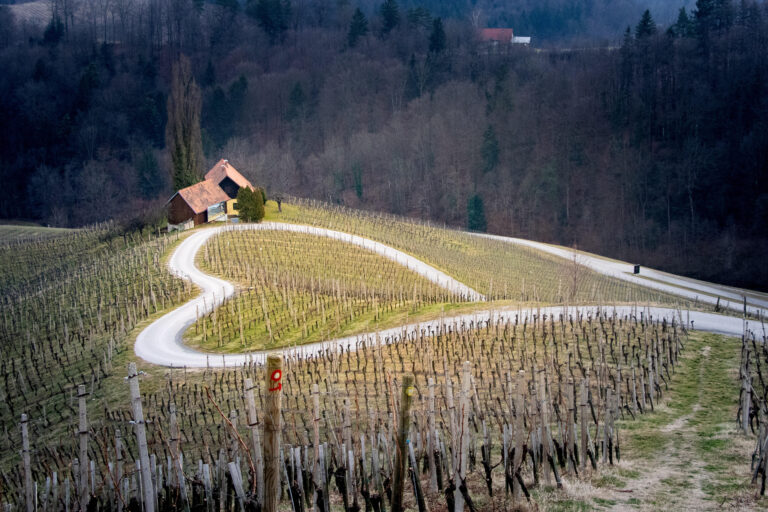
"It’s not about Südsteiermark or Untersteiermark. It’s about wine.”
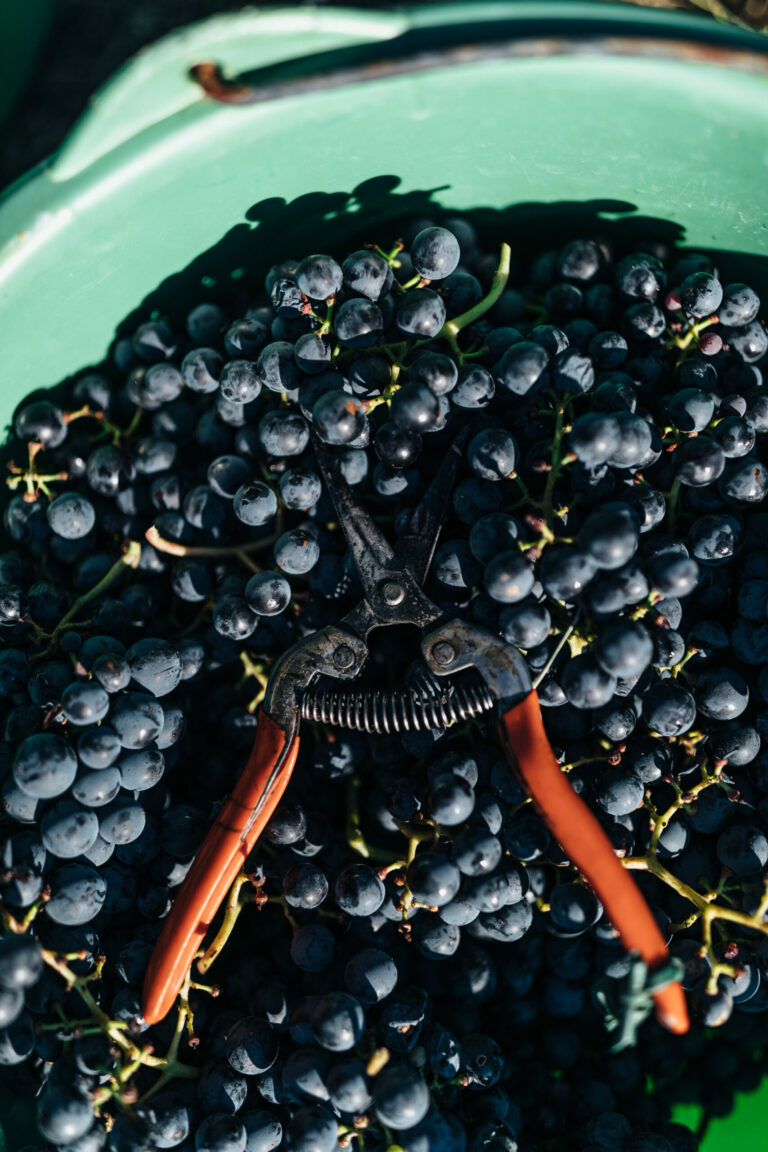
My first true Blaufränkisch moment came in 2013, at a now-shuttered restaurant in Hamburg. Thirty-six bottles from a swath of Austria’s appellations stood open for tasting, from classics like Prieler’s Goldberg 1995 to Marienthal from Ernst Triebaumer to Ried Point from Kolwentz. Those wines impressed me, as they had in the past, even as they failed to inspire me. This time, however, other wines had joined the lineup. The Spitzerberg of Muhr-van der Niepoort (today Weingut Dorli Muhr) , for example; the 2010 Reserve Pfarrgarten from Wachter-Wiesler; and the 2002 Lutzmannsburg Alte Reben from Moric. Suddenly, I was electrified. The wine in the glass was entirely unlike anything I…...
Enjoy unlimited access to TRINK! | Subscribe Today